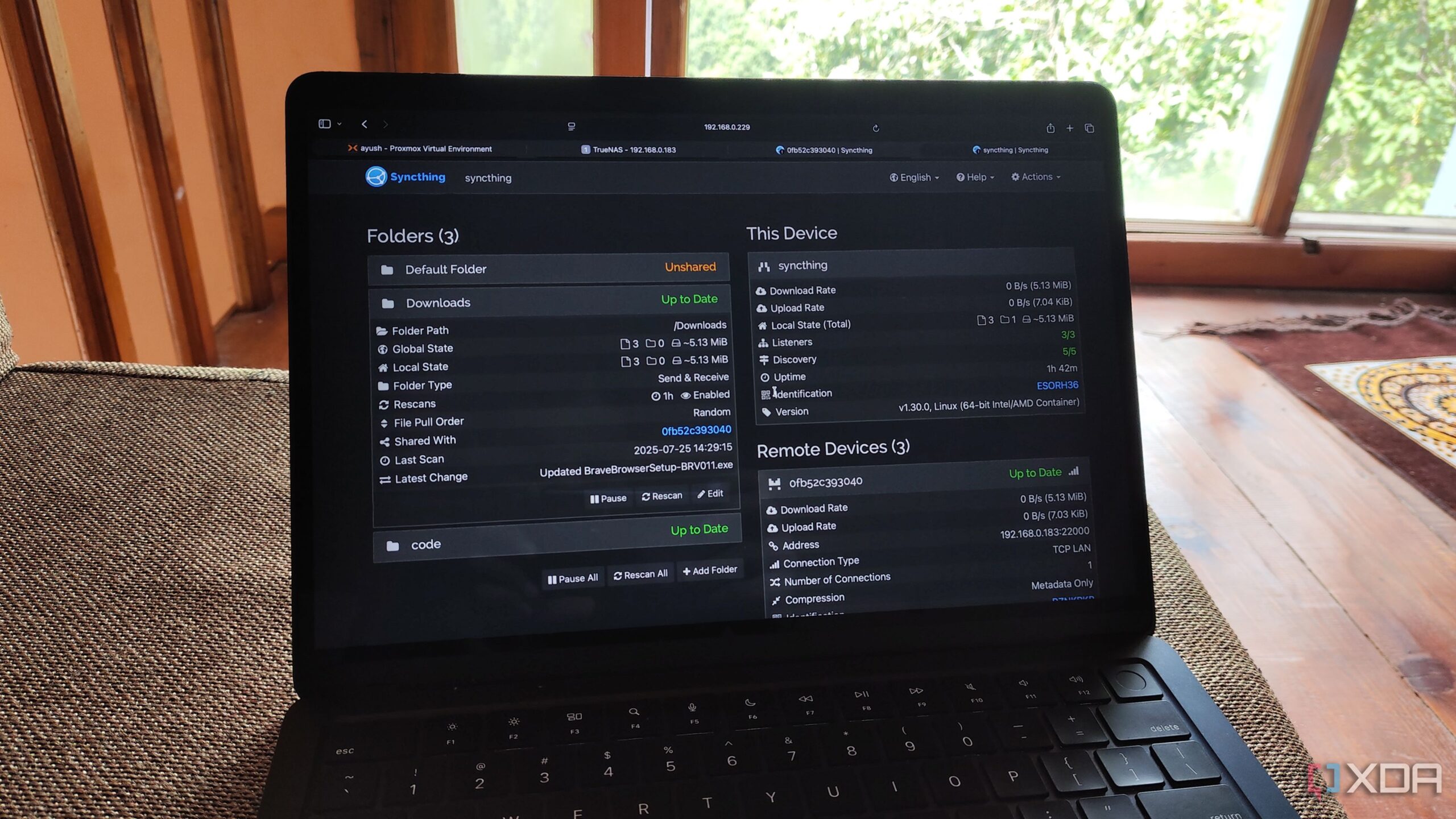UK, Canada, Australia Officially Recognize Palestinian Statehood

British Prime Minister Keir Starmer announced on Sunday that the United Kingdom is officially recognizing a Palestinian state. This significant decision comes despite strong opposition from the United States and Israel. The recognition aligns with similar announcements from Canada and Australia, indicating a coordinated effort among these Commonwealth nations.
Starmer emphasized the intent behind this move, stating that it aims “to revive the hope of peace for the Palestinians and Israelis.” He clarified that the recognition is not a reward for Hamas, which he asserted will play no role in the governance of the Palestinian territories moving forward. His statements reflect a commitment to a peaceful resolution, underscoring the importance of releasing hostages, ending violence, alleviating suffering, and returning to a two-state solution as the most viable path toward lasting peace.
Historical Context and Symbolic Significance
While the recognition may appear largely symbolic, it marks a historic moment, particularly for the UK, which previously governed Palestine during the early 20th century and was instrumental in the creation of the Israeli state. The UK’s move follows a statement from Starmer in July, where he indicated that the UK would recognize a Palestinian state unless Israel agreed to a ceasefire in Gaza and took steps toward long-term peace.
More than 140 countries have already recognized a Palestinian state, with additional nations expected to follow during the upcoming U.N. General Assembly. Notably, France is among those anticipated to announce recognition soon.
Starmer’s announcement comes shortly after a state visit from U.S. President Donald Trump, who publicly expressed his disapproval of the recognition initiative. Critics, particularly from the U.S. and Israeli government, argue that this recognition could be seen as rewarding Hamas for its actions on October 7, 2023, and contend that it lacks substantive impact given the division of Palestinian territories into the West Bank and Gaza, which currently lack a recognized international capital.
Legacy and Future Implications
The historical involvement of both France and the UK in Middle Eastern politics cannot be overlooked. Their roles date back to the aftermath of World War I, following the defeat of the Ottoman Empire. The UK was responsible for the 1917 Balfour Declaration, which supported the establishment of a “national home for the Jewish people,” while also acknowledging the rights of the Palestinian people, a commitment that has often been overlooked.
Burcu Ozcelik, a senior research fellow for Middle East Security at the Royal United Services Institute, commented on the significance of this recognition. She stated, “Without the United States coming on board with the idea of a Palestine, I think very little will change on the ground.”
In response to the UK’s recognition, Husam Zomlot, the Palestinian head of mission in the UK, expressed that this decision is an effort to correct historical wrongs dating back over a century. He remarked, “The issue today is ending the denial of our existence that started 108 years ago, in 1917.”
Historically, the UK has supported the idea of an independent Palestinian state alongside Israel, but has maintained that recognition should be part of a broader peace plan. Observers note that the feasibility of a two-state solution is increasingly jeopardized by ongoing violence, the humanitarian crisis in Gaza, and the expansion of Israeli settlements in the West Bank, regarded by much of the international community as illegal.
“The U.K.’s recognition has both symbolic and historic weight, demonstrating its concerns about the viability of a two-state solution,” said Olivia O’Sullivan, Director of the UK in the World Programme at the Chatham House think tank. She added that this move aims to keep the goal of a two-state solution relevant and alive amid escalating tensions in the region.
The ongoing developments signal a pivotal moment in international relations and the quest for peace in the Middle East, highlighting the complexities and challenges that lie ahead.






